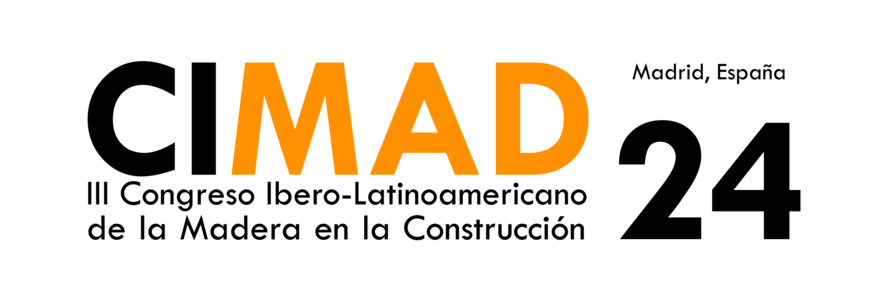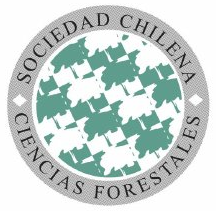Nano-based surface treatment effects on swelling, water sorption and hardness of wood
Keywords:
nanotechnology compound, wood swelling, transverse direction, water sorption, activation energy, surface hardnessAbstract
Untreated and nano-based compound treated chestnut, wild cherry, fir, and black pine wood samples were immersed in water at four different temperature levels. It was found that the nano-based compound was a very effective agent for lowering both the initial and maximum equilibrium transverse swelling of wood. However, the latter were found to have similar trends as the initial swelling properties. The surface treatment appeared not to improve the maximum water absorption. The highest average activation energy was calculated for chestnut (23.1 kJ/mole), followed by pine (20.2 kJ/mole), cherry (18.1 kJ/mole), and fir (16.2 kJ/mole). However, the nano-based treatment resulted in a small increase in activation energies of all wood species. It was found that absorption of water into wood as well as increasing temperature had a lowering effect on shore D hardness.
Downloads
Downloads
Published
How to Cite
Issue
Section
License
Copyright (c) 2015 H. Turgut Sahin, George I. Mantanis

This work is licensed under a Creative Commons Attribution 4.0 International License.
Los autores/as conservarán sus derechos de autor y garantizarán a la revista el derecho de primera publicación de su obra, el cuál estará simultáneamente sujeto a la Licencia de Reconocimiento de Creative Commons CC-BY que permite a terceros compartir la obra siempre que se indique su autor y su primera publicación esta revista.
































